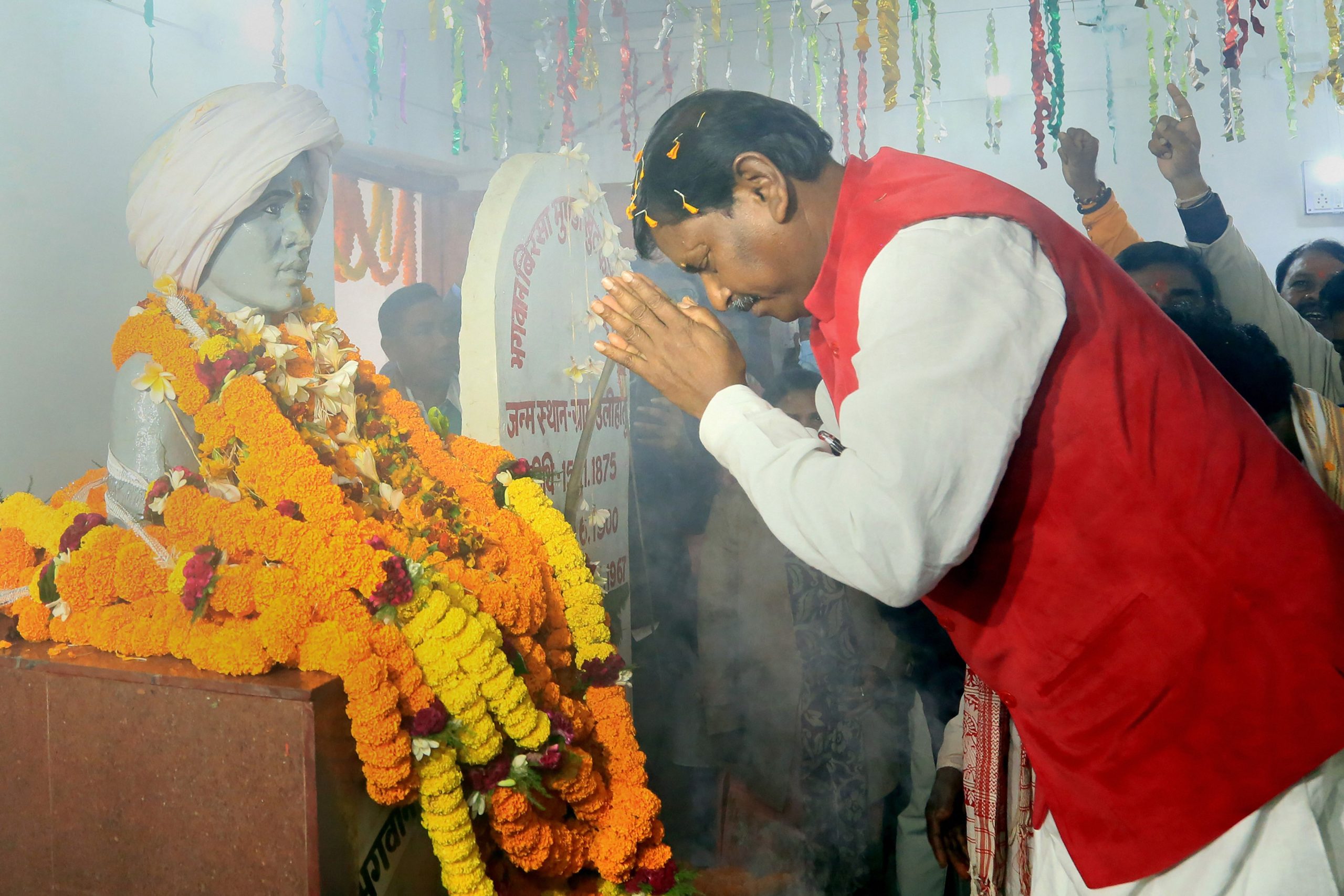The internet has come together to celebrate the life of freedom fighter and tribal leader Birsa Munda on his death anniversary on June 9.
Birsa Munda fought not just for freedom from British rule, but for tribal identity that was threatened by conversion by Christian missionaries sponsored by the British. He realised that reversing the decline of indigenous culture was key to attaining true independence for his people.
He was a staunch environmentalist and led the Ulgulan resistance to protect indigenous lands from being acquired. His allegiance lay not just with his people, but also with the forests they inhabited.
Birsa Munda was born on November 15, 1875, in Khunti district, present-day Jharkhand, part of British India’s Bengal Presidency at the time. During his childhood, land-grabbing, forced labour, and conversions were decimating tribes financially and culturally. Birsa Munda and his entire family were converted to Christianity while he was studying at the German Mission School.
He dropped out of school, shed his Christian identity, and decided to mobilise his tribespeople to do the same. As he grew into a young man, Birsa Munda started his own faith called ‘Birsait’ and many tribes began to follow his lead and re-embracing their own culture.
The revolutionary is best remembered for heralding the Ulgulan (great tumult) movement in 1899-1900, armed resistance by the tribals of central and east India. Captured by the police at the age of 25, he died under arrest on June 9, 1900.
The government was forced to reassess its exploitative practices toward the tribals which culminated in the Chota Nagpur Tenancy Act of 1908, a landmark piece of legislation for the preservation of the rights of the tribals that outlawed forced labour.







